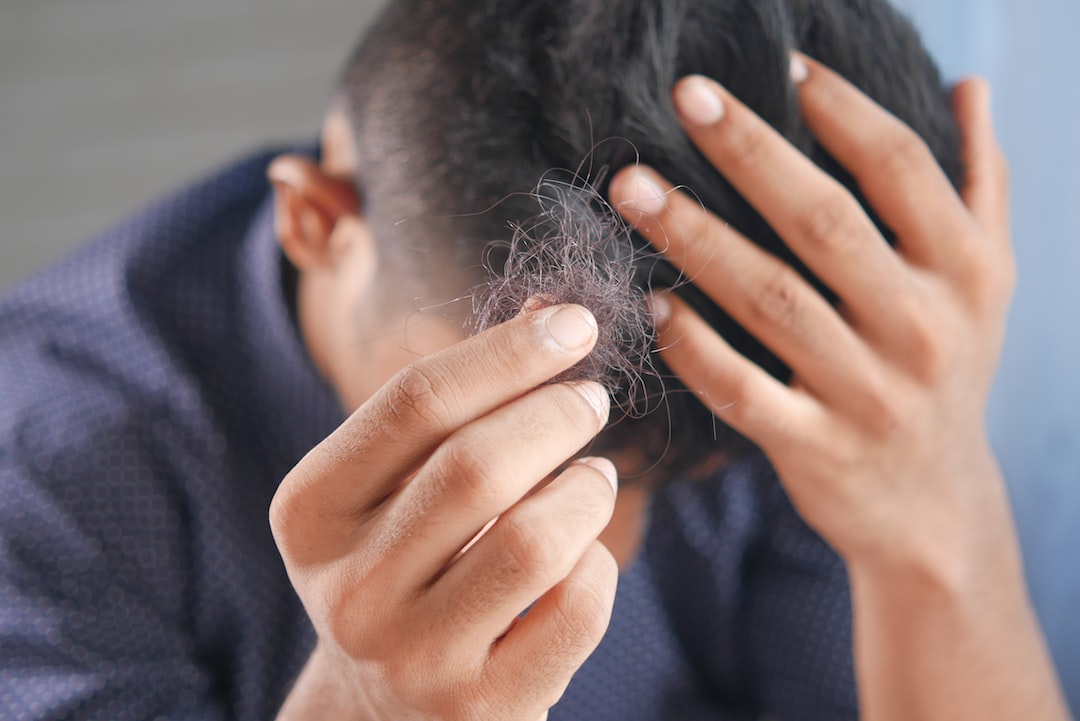A Comprehensive Guide to Hair Loss Treatments - Which One Is the Best for You? A Comprehensive Guide to Hair Loss Treatments - Which One Is the Best for You?
Are you dealing with the frustration of hair loss? You’re not alone – it’s estimated that 35 million men and 21 million women in the United States deal with hair loss. Fortunately, there are a variety of hair loss treatments available to help you regrow your hair and restore your confidence. In this comprehensive guide, we’ll discuss the different hair loss treatments available, the pros and cons of each, and which treatment may be best for you. From modern medical treatments to natural remedies, this article will help you determine the best course of action for your hair loss. With the right treatment and proper care, you can get your hair back and get back your confidence.
Overview of Hair Loss Treatments
There are a variety of hair loss treatments, both medical and natural, that can help you regrow your hair and restore your confidence.
Let’s take a look at each treatment type and what they entail.
Medical Treatments - These include prescription and over-the-counter medications, injections, and topical applications that are designed to promote hair growth or prevent further hair loss.
Natural Treatments - These treatments include a variety of topical treatments (like topical oils), dietary changes, and lifestyle changes that are designed to promote hair growth or prevent further hair loss.
Keep in mind that not all of these treatments work for everyone. Your hair loss may be due to genetics, stress, age, or other factors that can make some treatments less effective. The best thing you can do for your hair is to eat a healthy diet, exercise regularly, and manage your stress levels.
Medical Treatments for Hair Loss
Natural Treatments for Hair Loss
Nutritional Supplements for Hair Loss
As we discussed above, certain vitamins, nutrients, and topical treatments can help promote hair growth.
But what about nutritional supplements? Can they help regrow your hair?
The short answer is yes, but there are a few things you should know before trying a supplement. As we age, our bodies become less efficient at absorbing nutrients, which can negatively impact our hair health. Taking a multivitamin can help prevent this and may help regrow your hair. Additionally, many multivitamins come with B vitamins, which help promote hair growth. Some supplements, such as biotin, may be helpful in reversing hair loss, but there isn’t enough research to say for certain. If you choose to try a nutritional supplement, be sure to read the label to ensure that it has the vitamins and nutrients that you need.
Questions to Ask Before Choosing a Treatment
Before choosing a treatment, you may want to ask yourself the following questions. This will help you determine the best treatment option for your specific situation.
PRP FOR HAIR LOSS PRP FOR HAIR LOSS
PRP treatments are a unique solution to hair loss as they involve using a patient's own blood to promote hair growth.
This procedure involves drawing the patient's blood, and then processing it to obtain the plasma fraction which is rich in growth factors. The resulting plasma is then injected in the scalp where it stimulates the stem cells to increase the rate of hair follicle growth and regeneration. The results of PRP treatments for hair loss can be seen in a few weeks but may need multiple treatments for best results.
Hair Loss Prevention Tips
If you’re experiencing hair loss and want to prevent it from getting worse, there are a few things you can do to maintain your hair health.
If your hair loss is due to genetics, there isn’t much you can do to prevent it.
However, if your hair loss is caused by hormonal changes or stress, you can take steps to prevent further hair loss.
Factors that Affect Hair Loss Treatment Selection
Your age, genetics, and the severity of your hair loss will all affect your treatment selection.
If you’re experiencing hair loss, you may want to speak with your doctor about different treatment options. There are a variety of treatments available, and some are more effective than others. If your hair loss is caused by genetics, you may want to consider treatment options that are less aggressive and have fewer side effects, such as a topical treatment or dietary changes. If your hair loss is caused by stress, you may want to consider a more aggressive treatment option that has a higher success rate.
Hair loss is a common concern, especially as people get older. There are a few different types of treatments available to help reverse hair loss or prevent further hair loss. It’s important to choose a treatment that is right for your specific situation. Once you’ve selected a treatment, it’s important to use it correctly and follow a healthy lifestyle to ensure long-lasting results.
You may contact us at 808-468-2038 or email us at info@ohanamedspas.com
